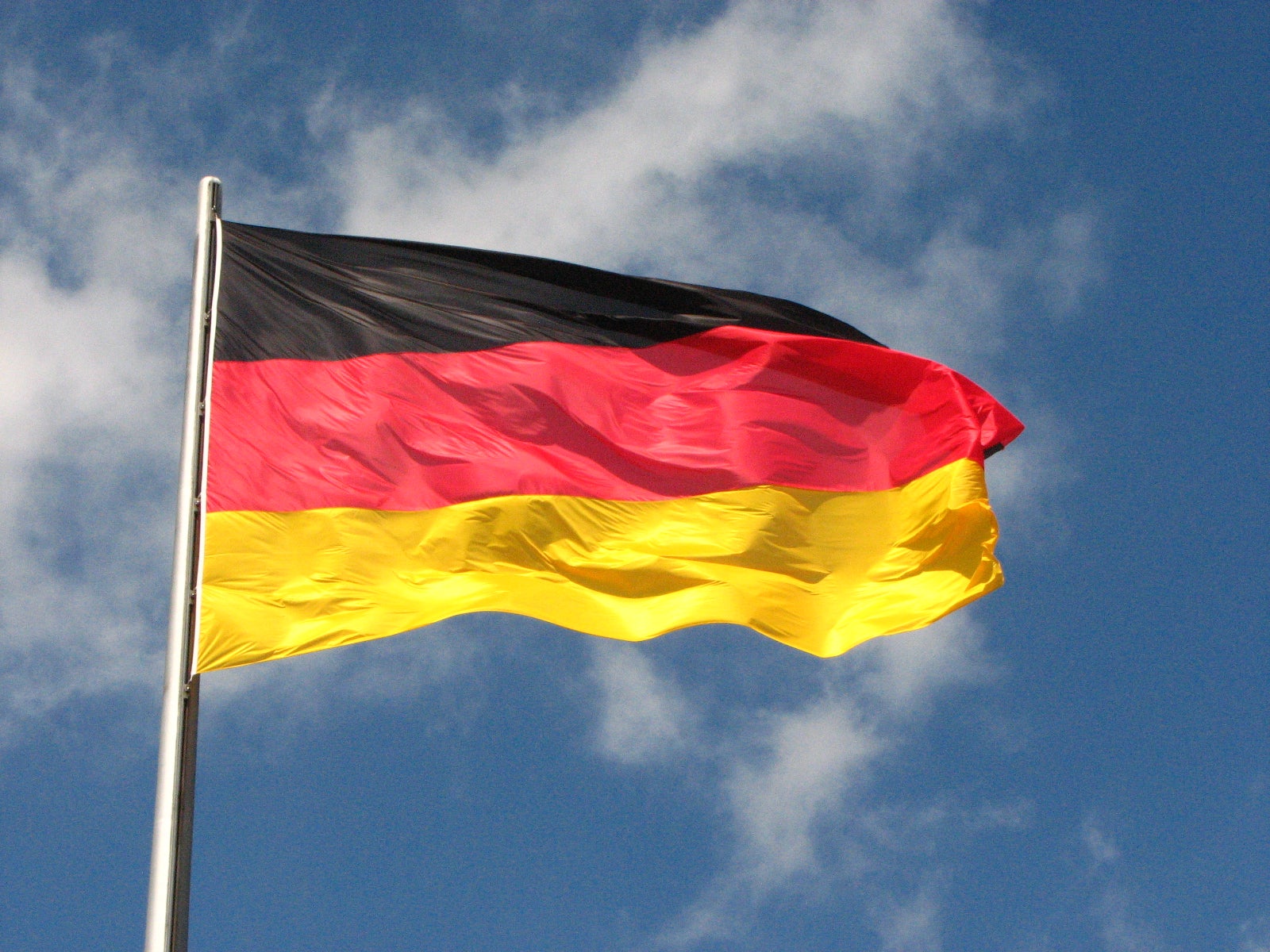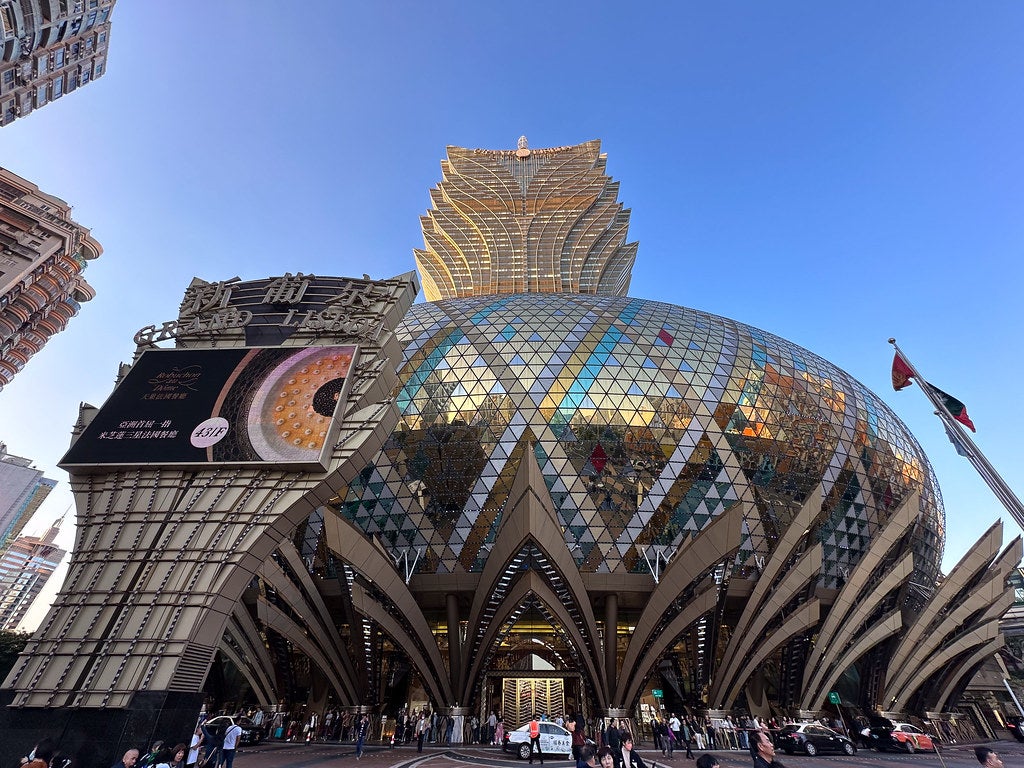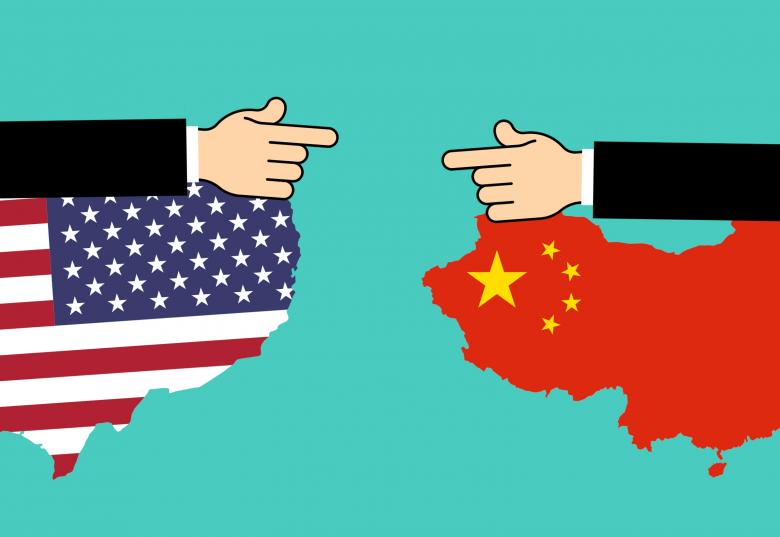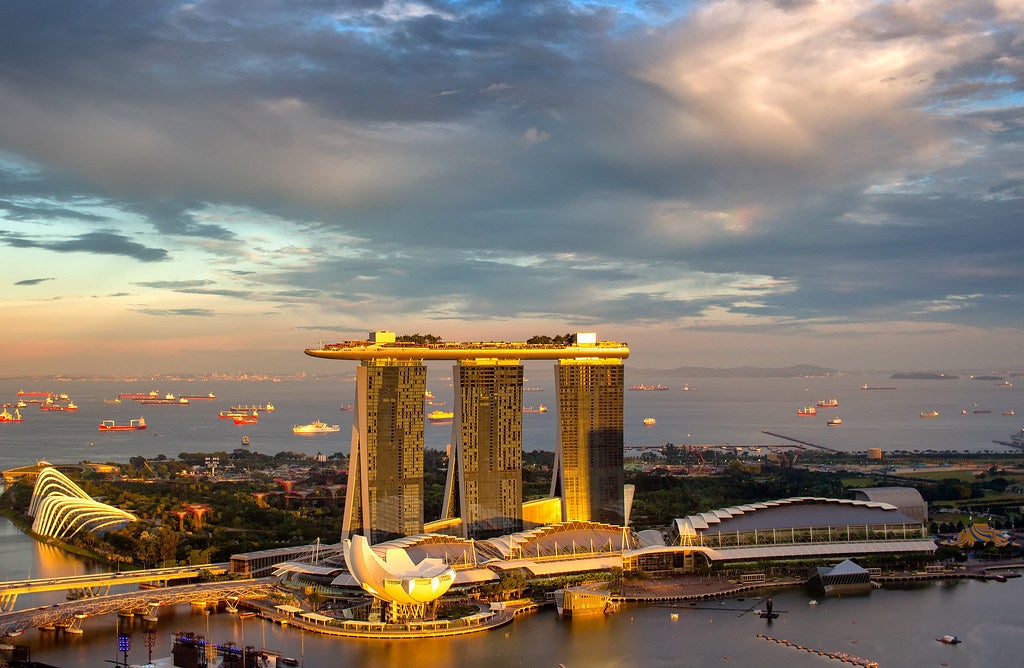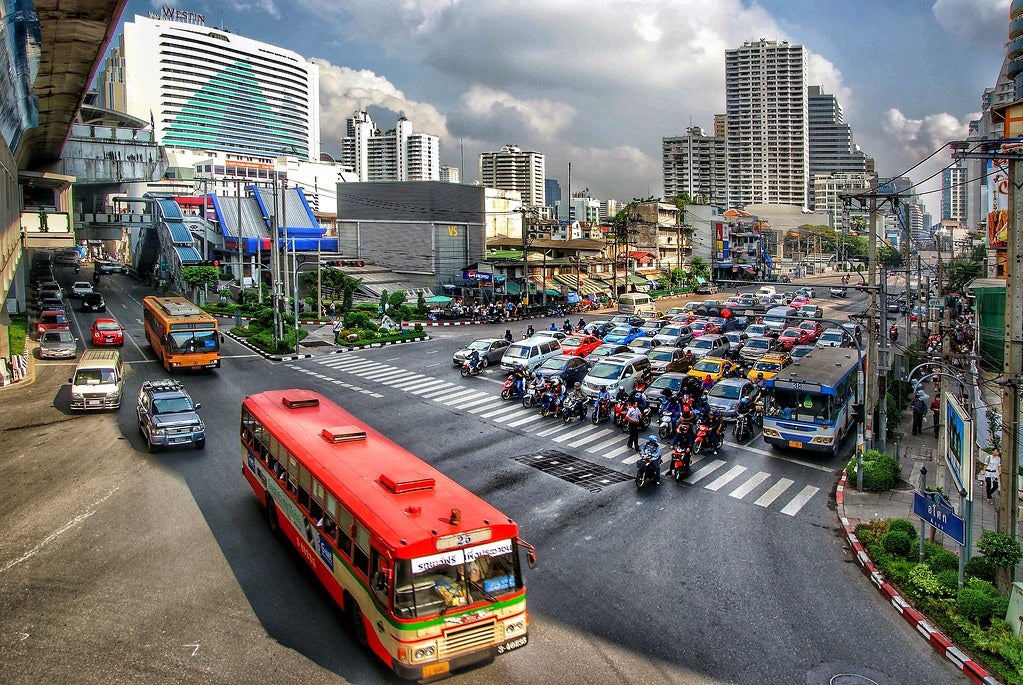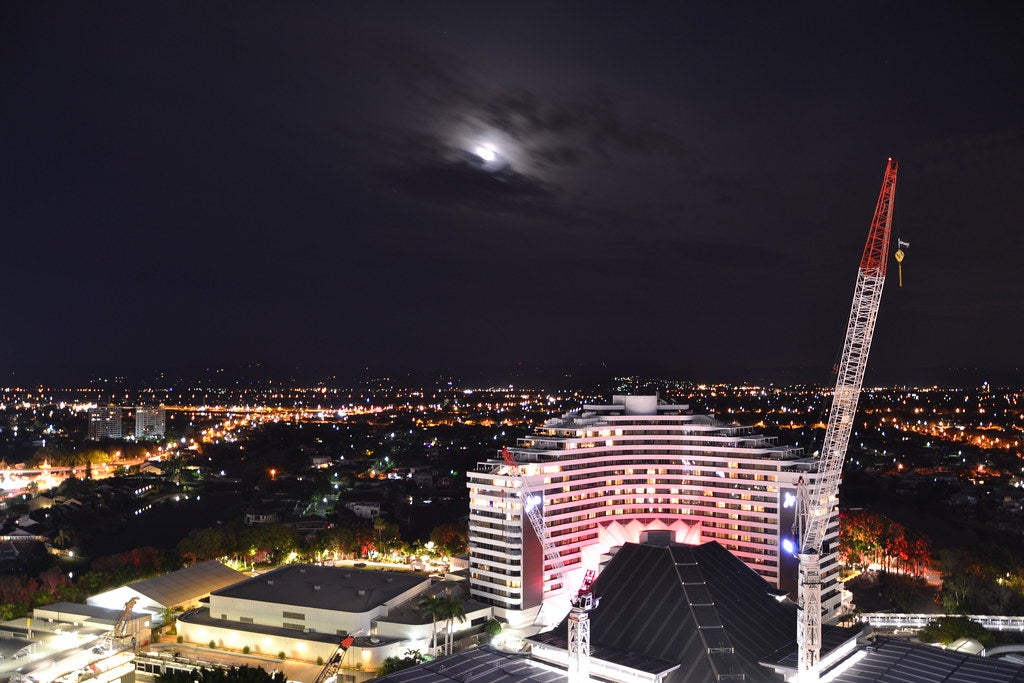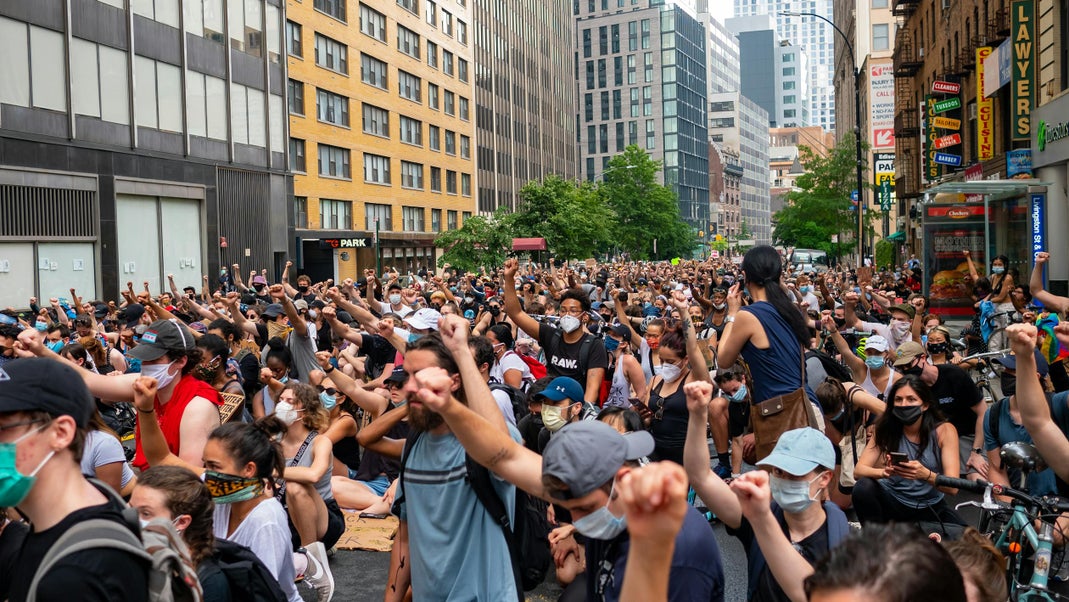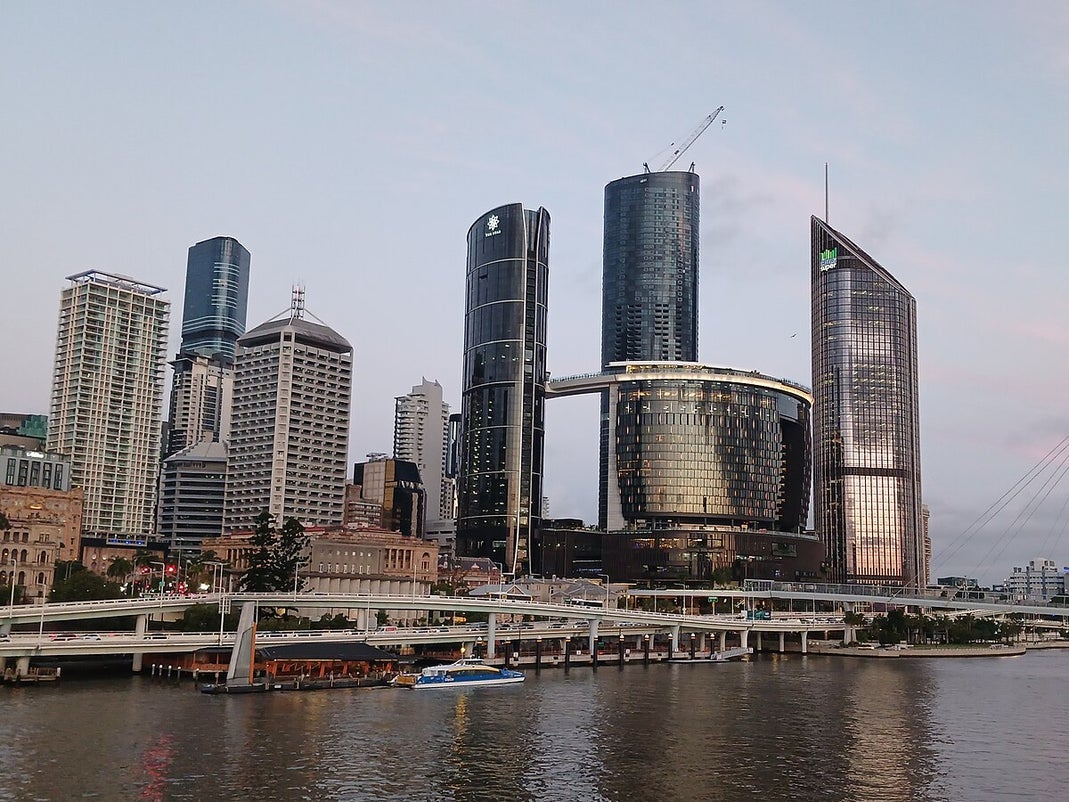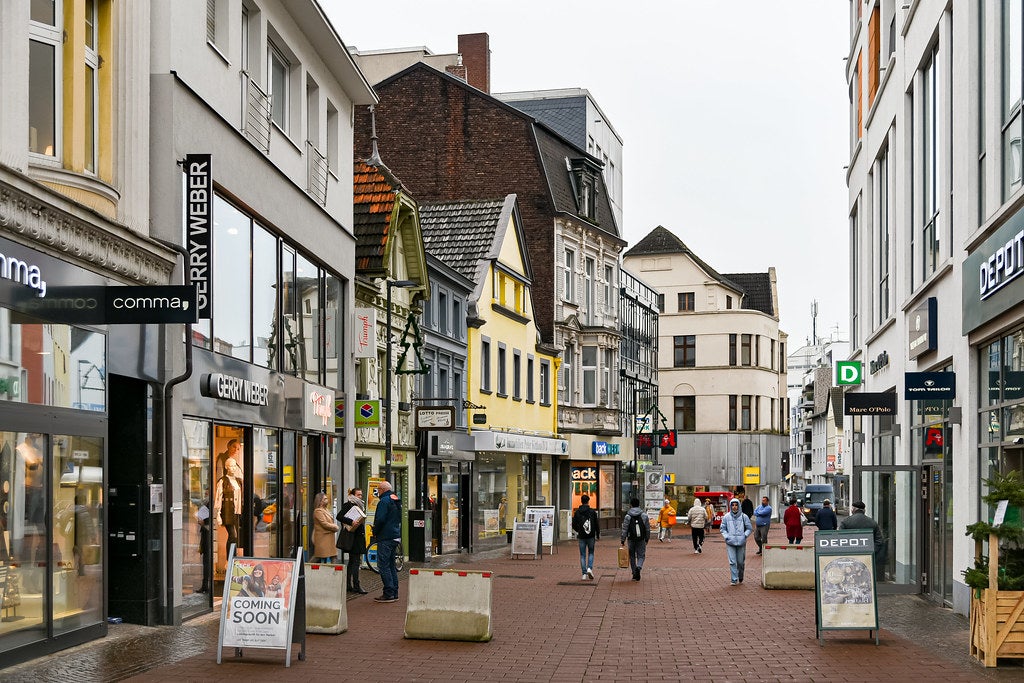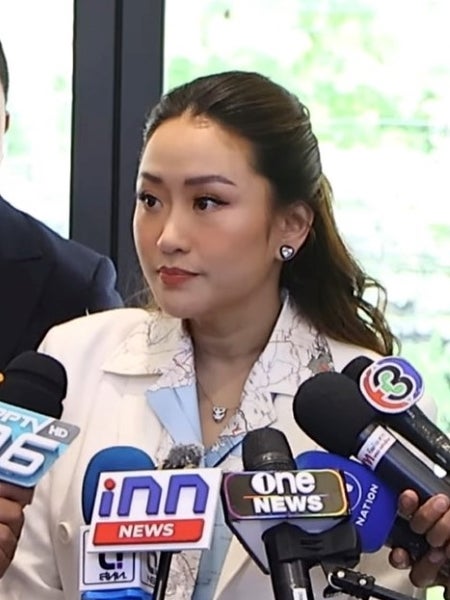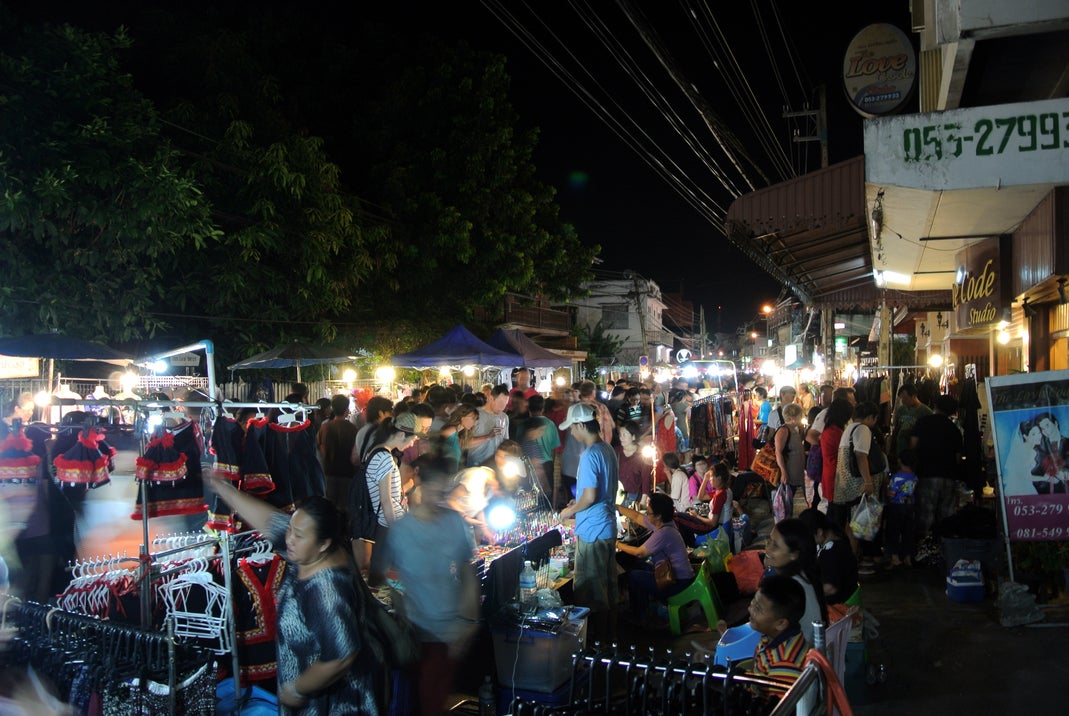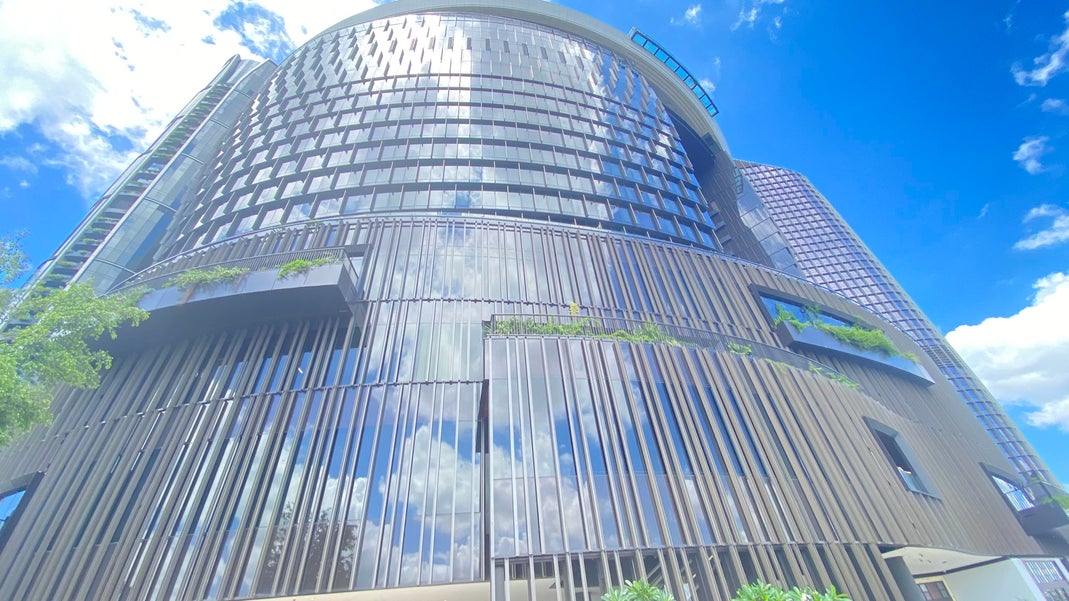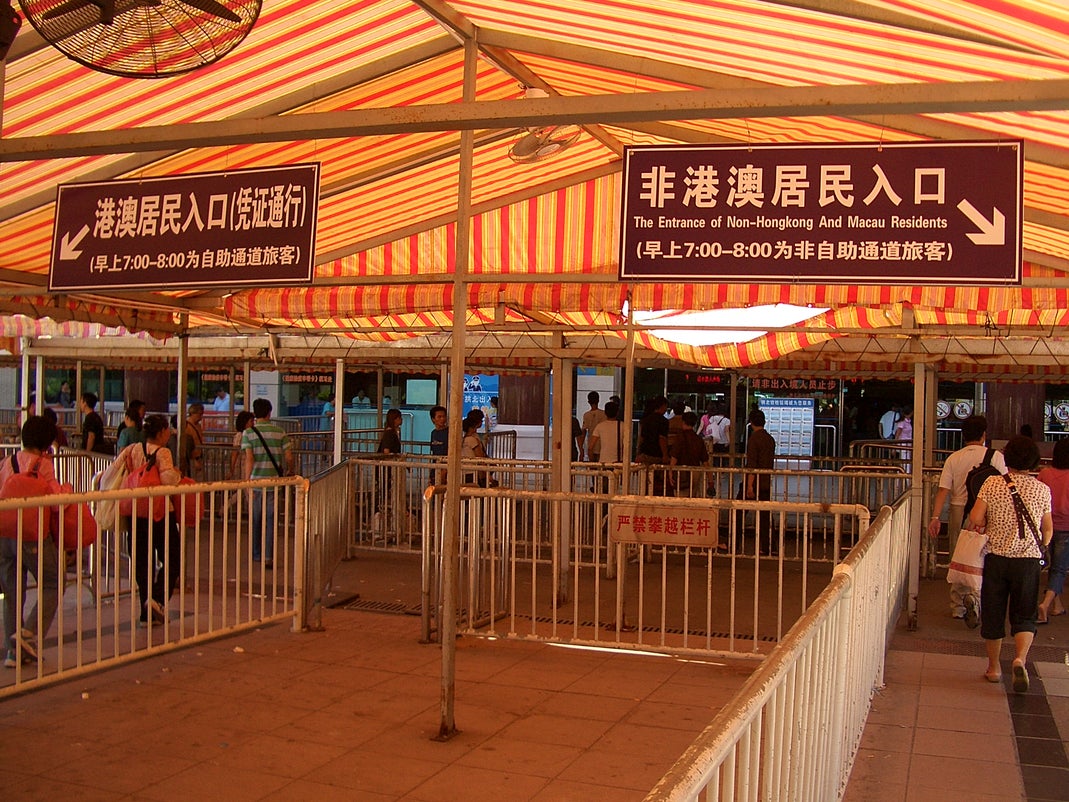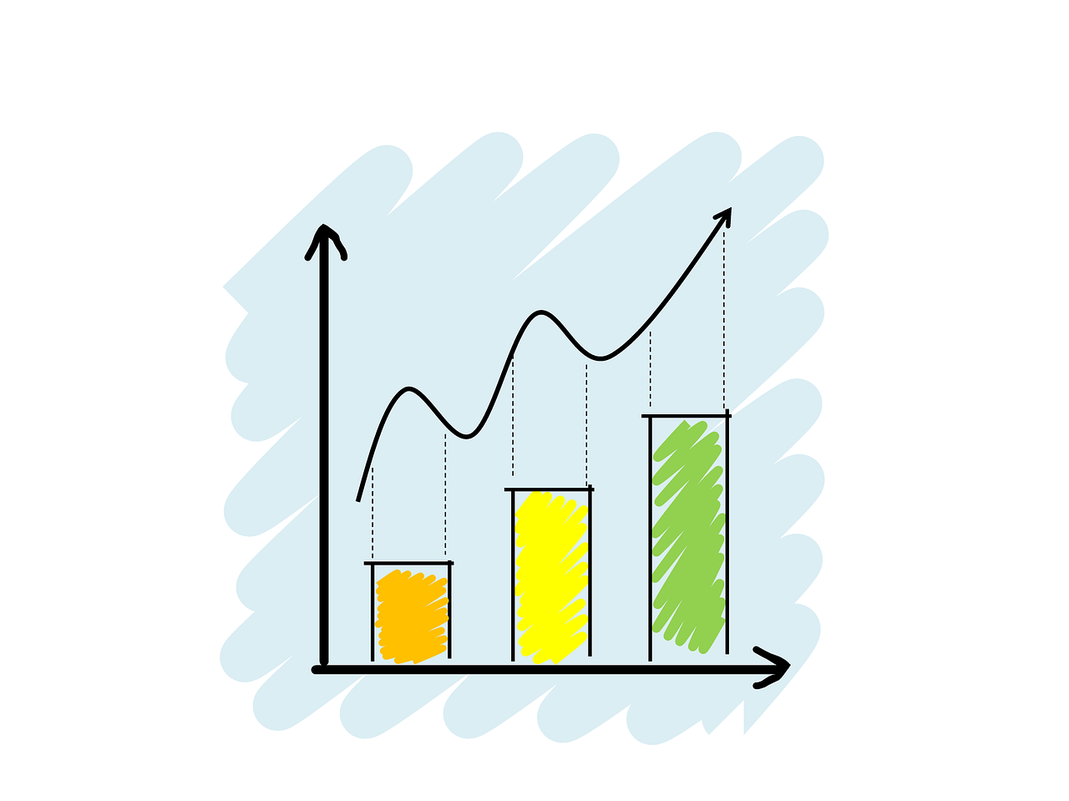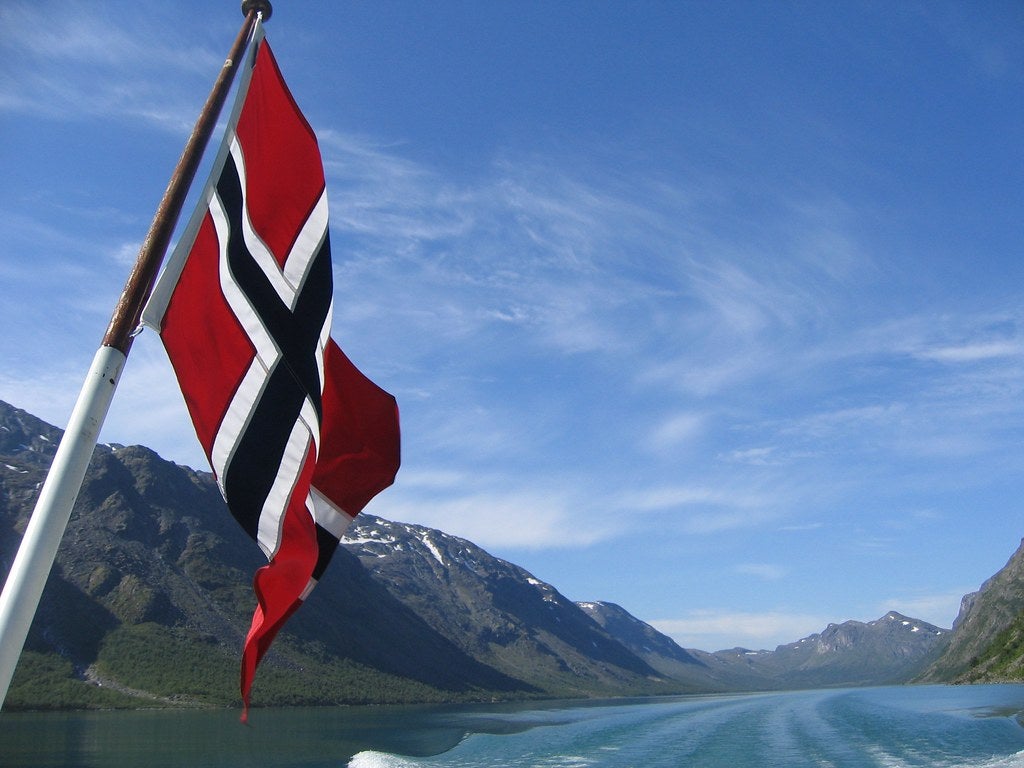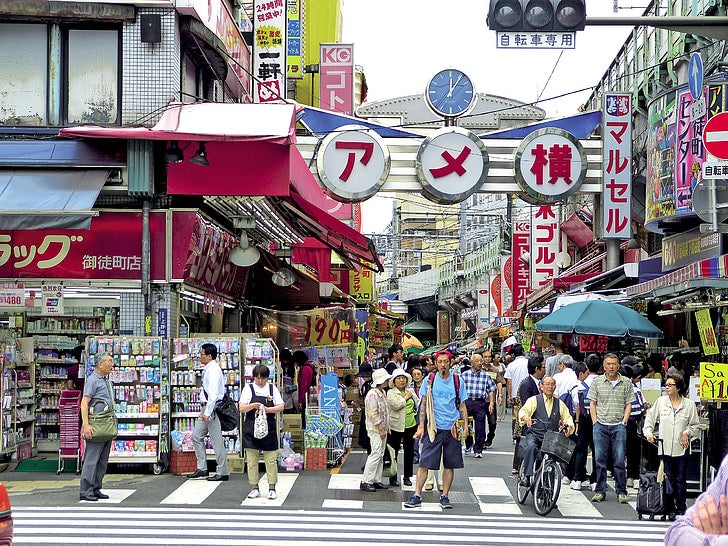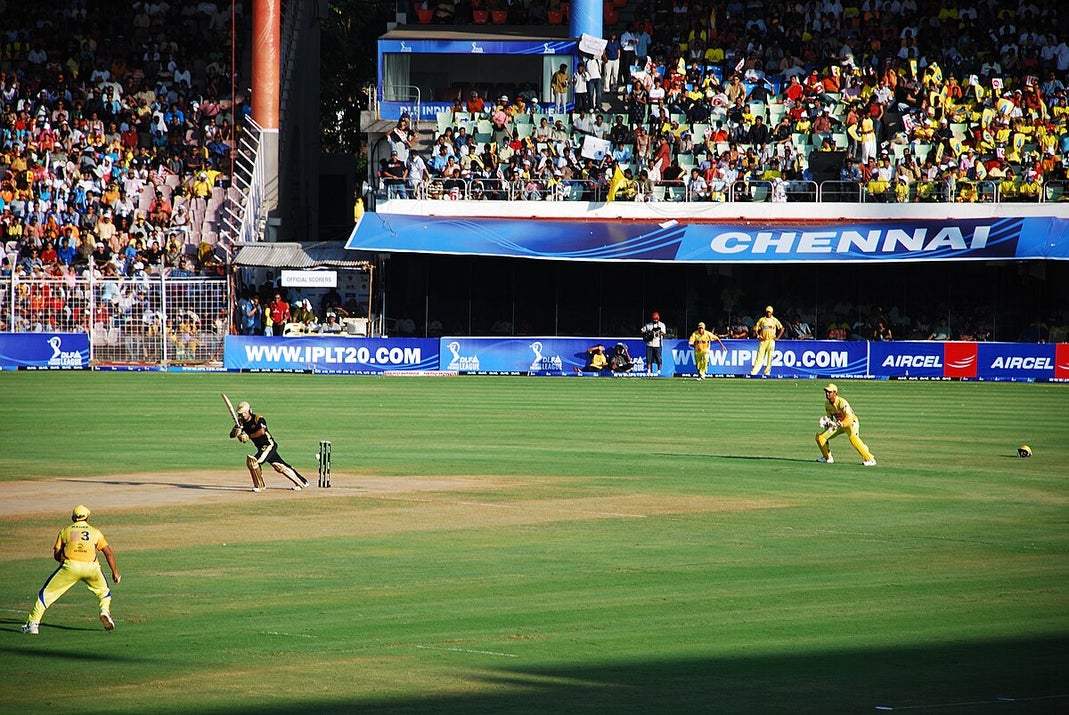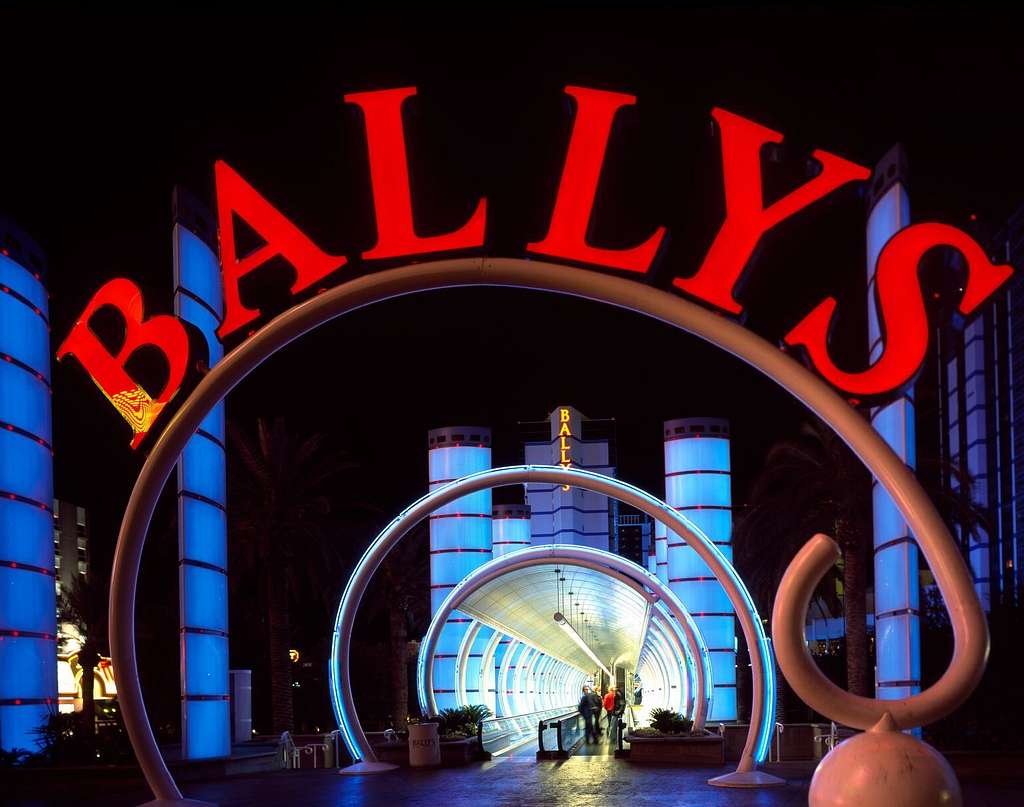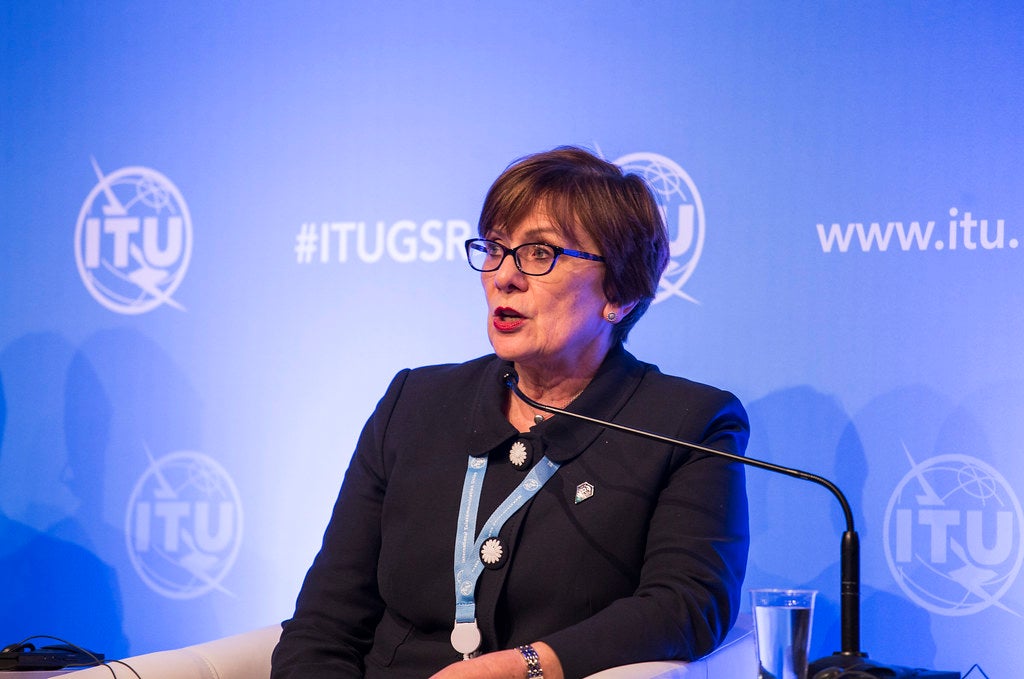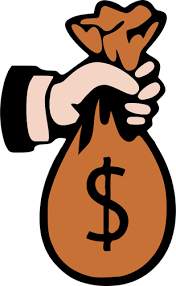A Solution to Illegal Online Gambling
The GGL began discussions with Google about banning these adverts in 2023. Ultimately, this amended policy was settled on to avoid formal administrative action. Google has since adjusted its guidelines to limit the visibility of unlicensed gambling providers.
Since the directive’s implementation, GGL has reported a decline in illegal gambling ads on Google search result pages. Also, there has been a significant drop in comparison sites that direct readers to illegal sites and other sponsored ads.
GGL CEO Ronald Benter was excited by the policy’s immediate impact, noting, “In our view, the amended advertising guideline is currently having a clear effect. We will continue to monitor developments and remain in contact with Google in order to achieve further restrictions on advertising opportunities for illegal gambling providers.”
Challenges Requiring Further Efforts
While GGL has applied rigorous restrictions on the new advertising standards, some challenges remain that require further efforts. This is especially the case in search engine optimization (SEO), which has loopholes that illegal gambling operators have used to stay visible.
Benter acknowledged that more needs to be done to ensure the German market is more regulated and maintains fair gambling practices, stating, “We will continue to monitor developments and remain in contact with Google to achieve further restrictions on advertising opportunities for illegal gambling providers.”
Keeping Up with International Standards
Google and GGL’s collaboration testifies to Germany’s commitment to employ strategic moves and partnerships for high regulatory standards. By crippling unlicensed gambling operators’ ads and simplifying policy enforcement, the state is setting the standard for digital advertising governance.
Other European countries have taken an interest in Google and GGL’s initiatives and are considering adopting them for their markets. This regulatory model aligns with the efforts of other revered authorities like the UKGC and MGA, which have similar approaches.


